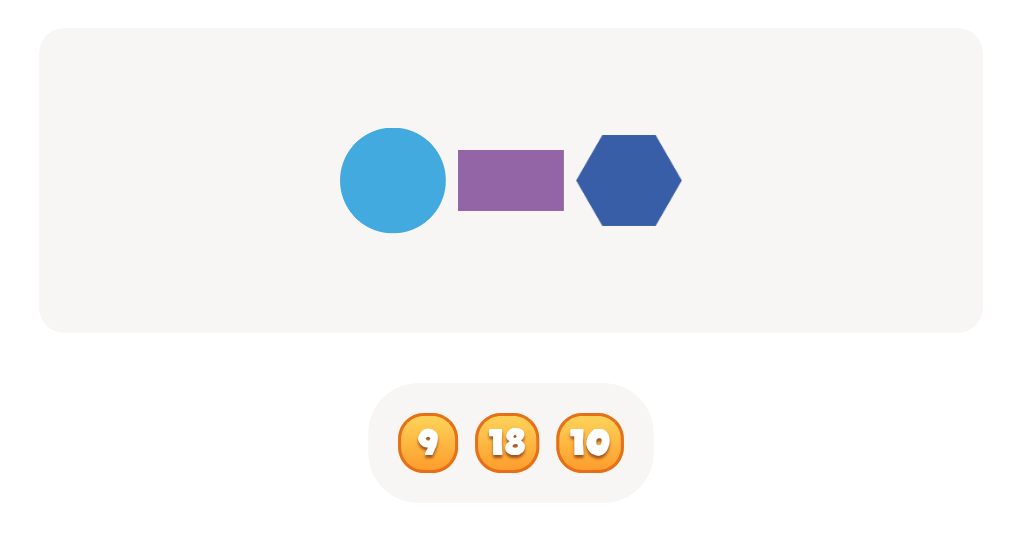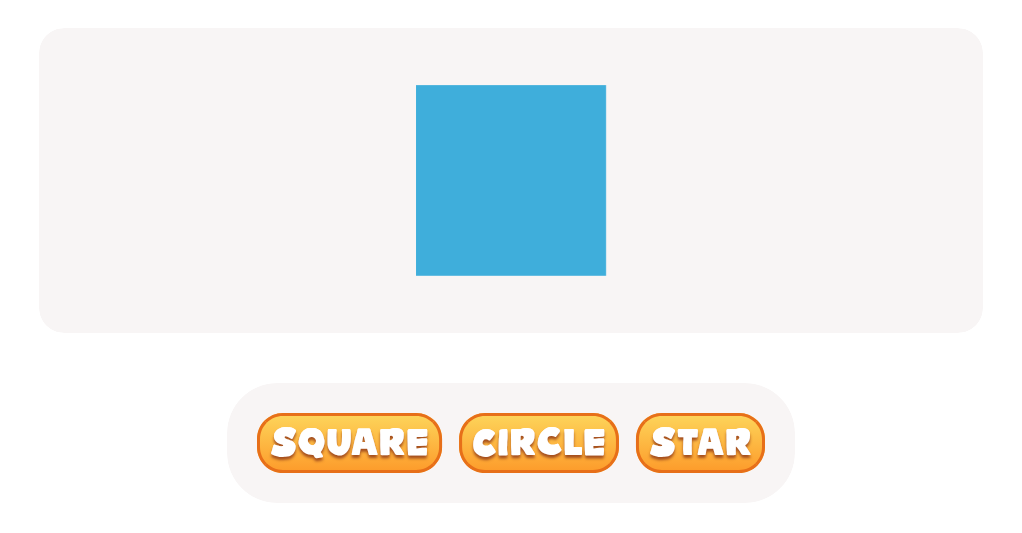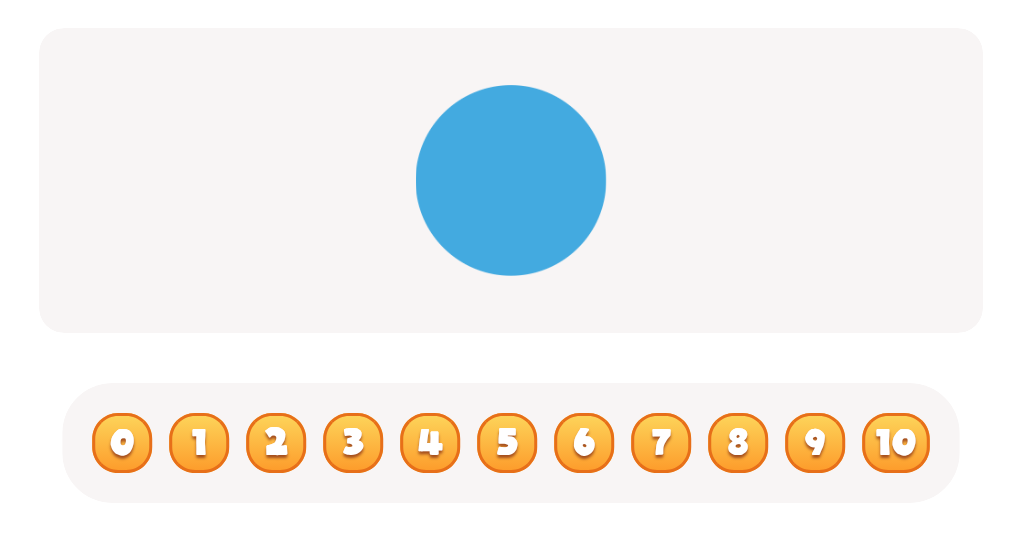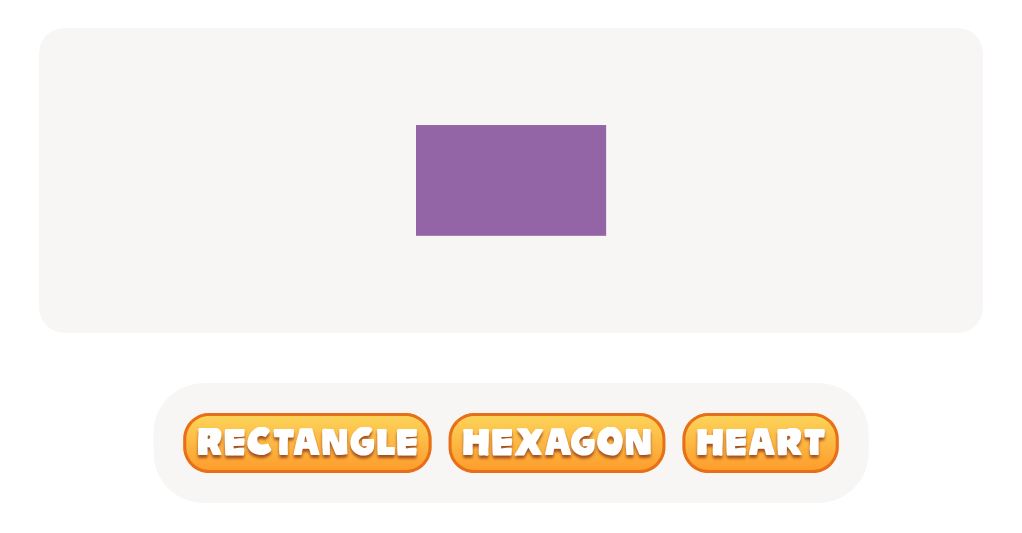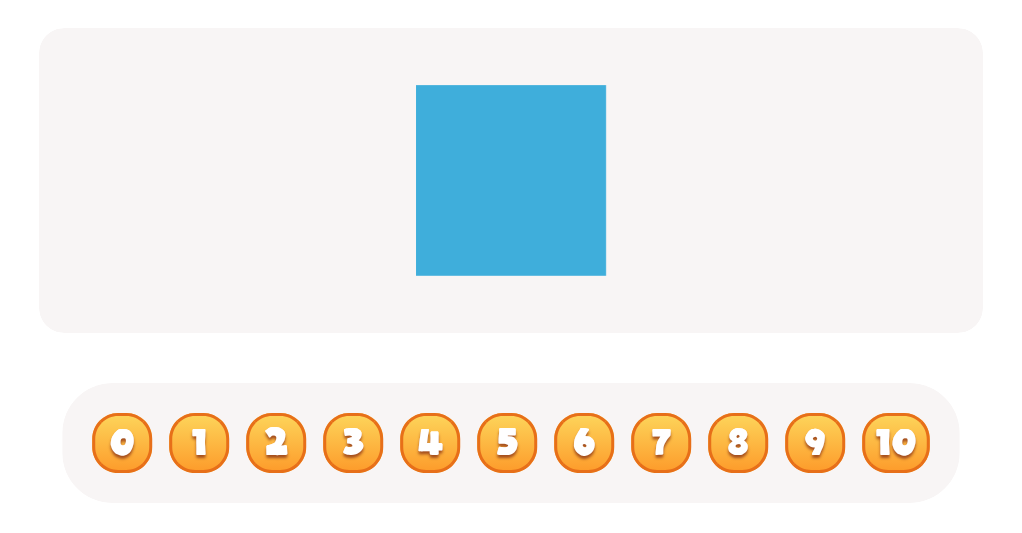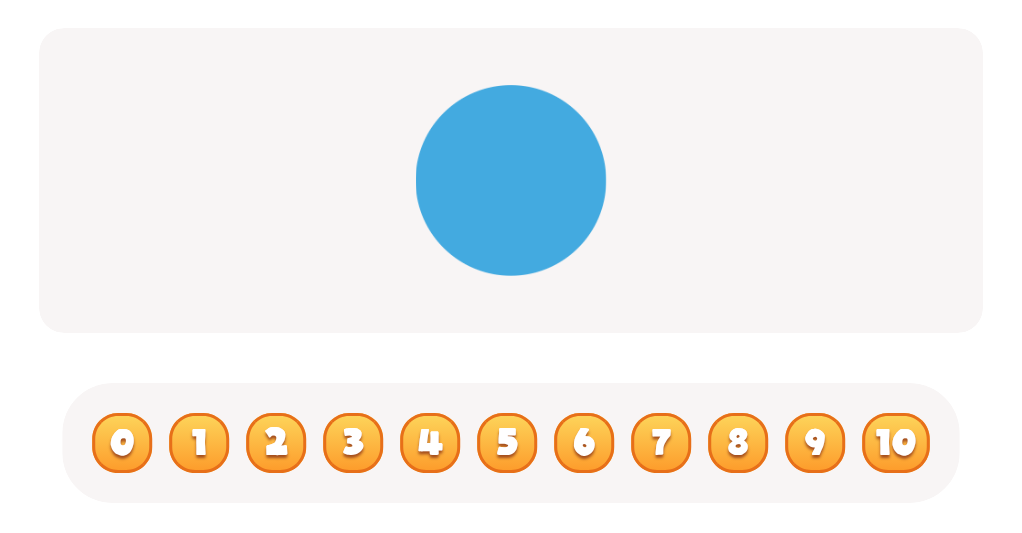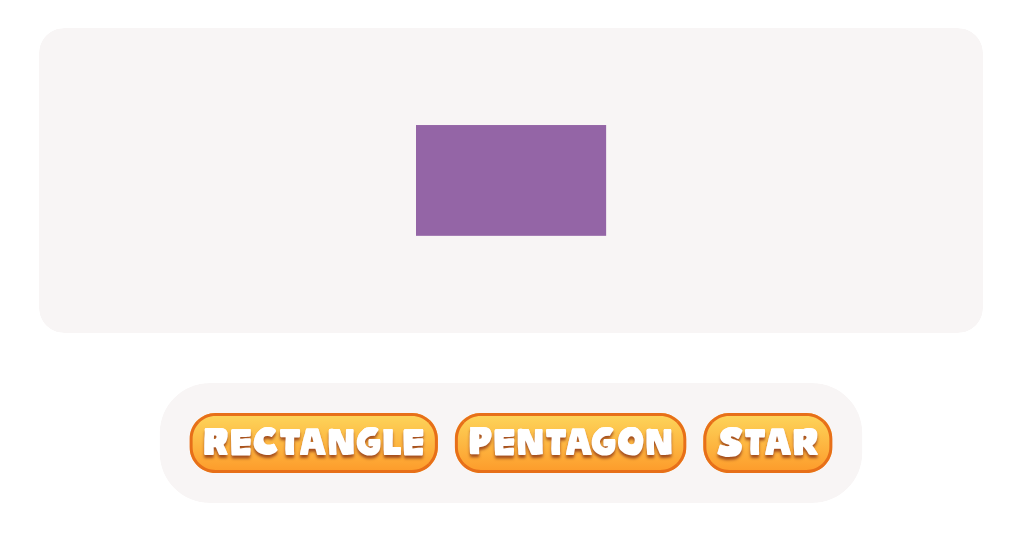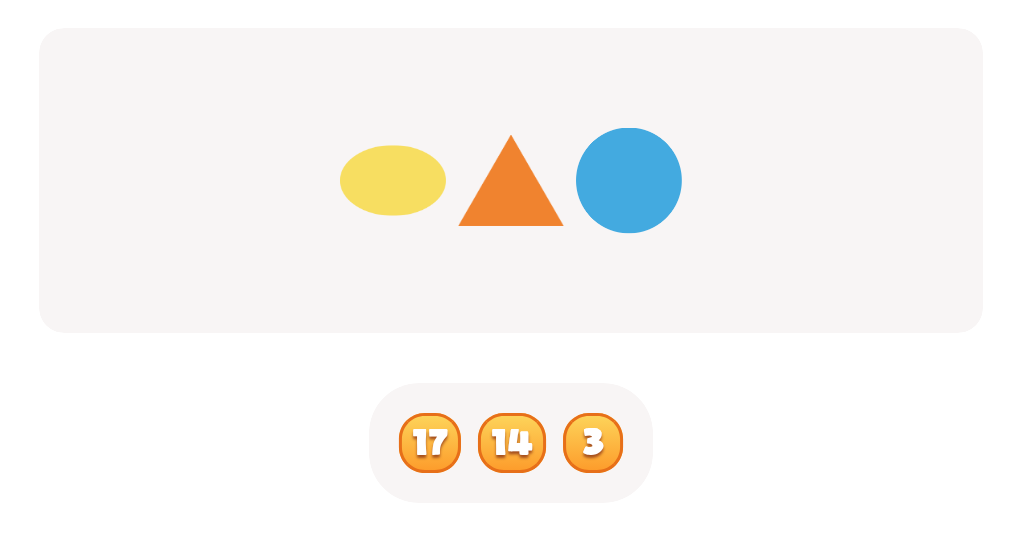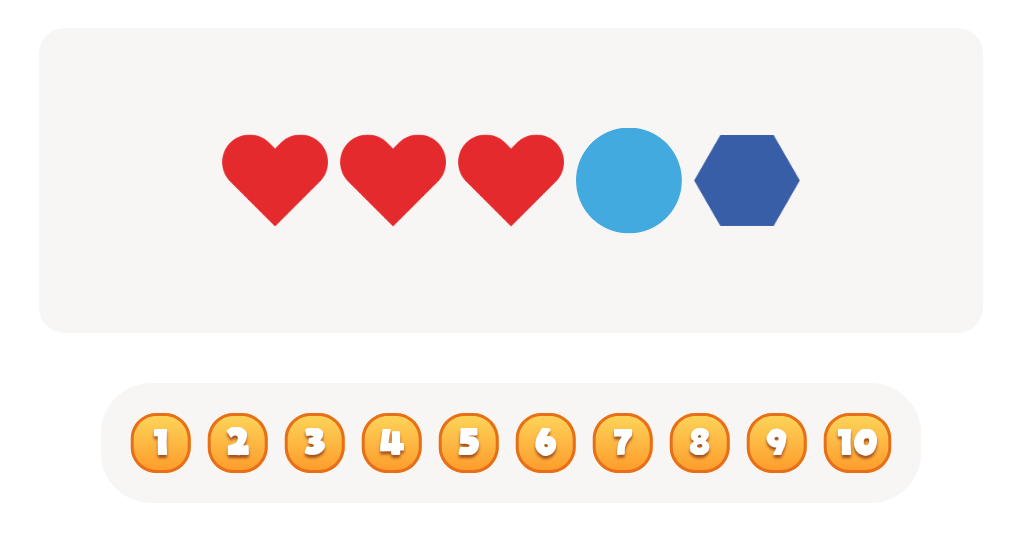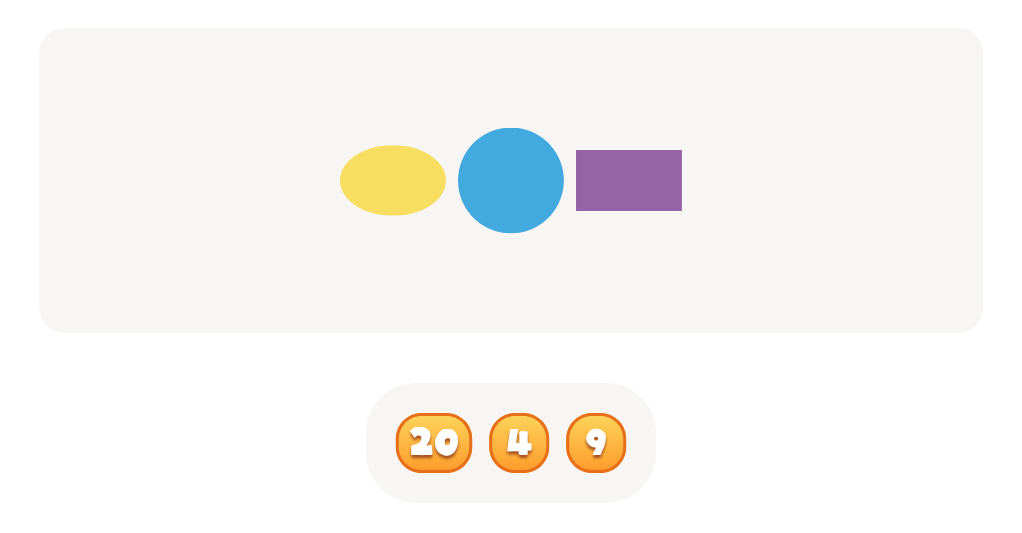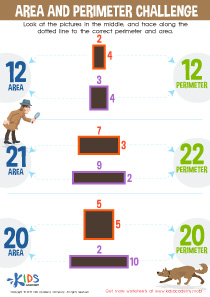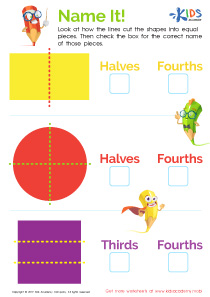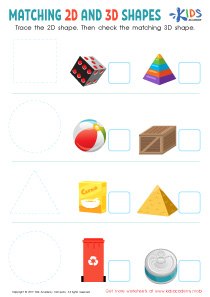Matching skills 2D Shapes Worksheets for Ages 5-7
5 filtered results
-
From - To
Discover the perfect tool to boost your child's understanding of 2D shapes with our engaging Matching Skills 2D Shapes Worksheets for ages 5-7! These expertly designed resources from Kids Academy help young learners recognize, compare, and match a variety of shapes, enhancing their mathematical skills and spatial awareness. Ideal for both classroom and home environments, these fun and interactive exercises stimulate critical thinking and reinforce early geometry concepts. Don't miss out on this essential support for developing your child's foundational skills in a playful and educational manner. Try our 2D Shapes Worksheets today!
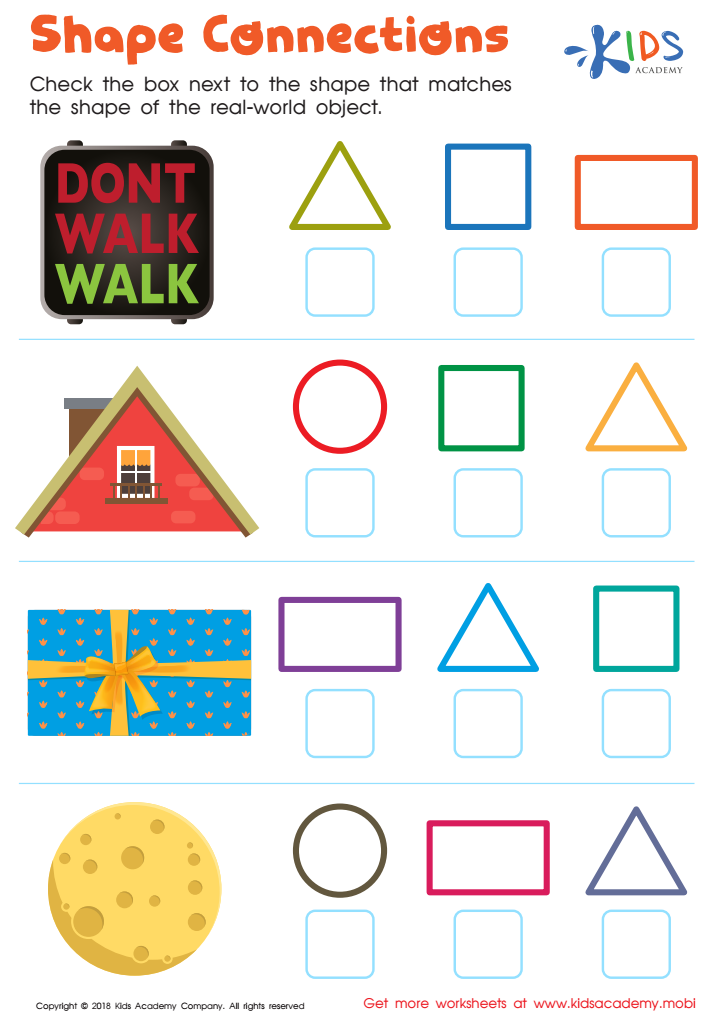

Shape Connections Worksheet
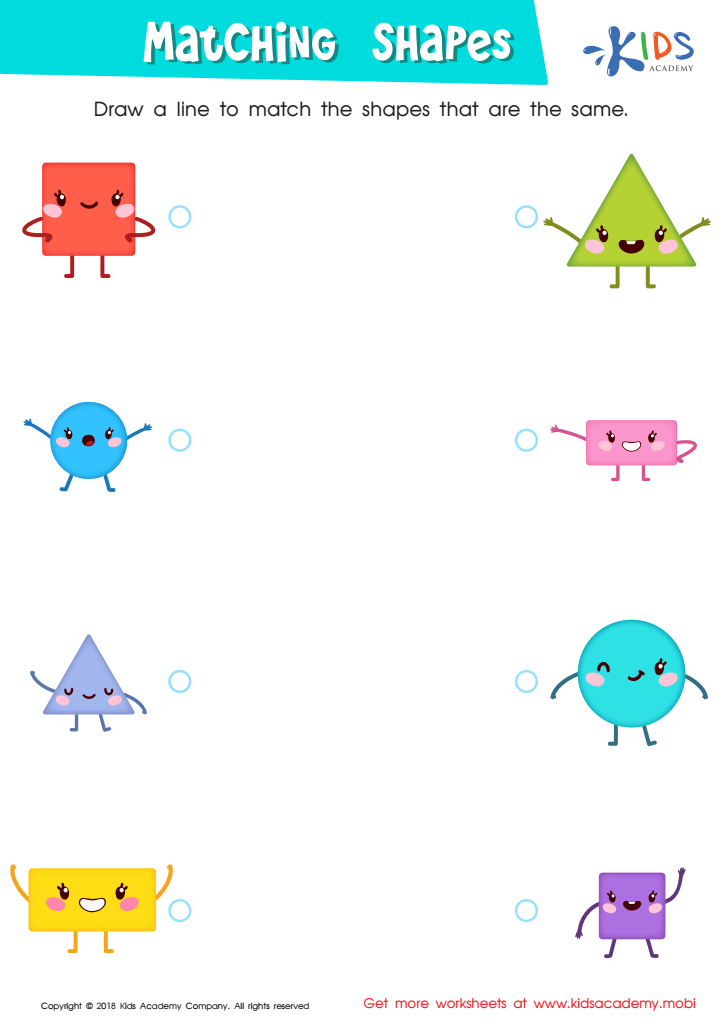

Matching Shapes Worksheet
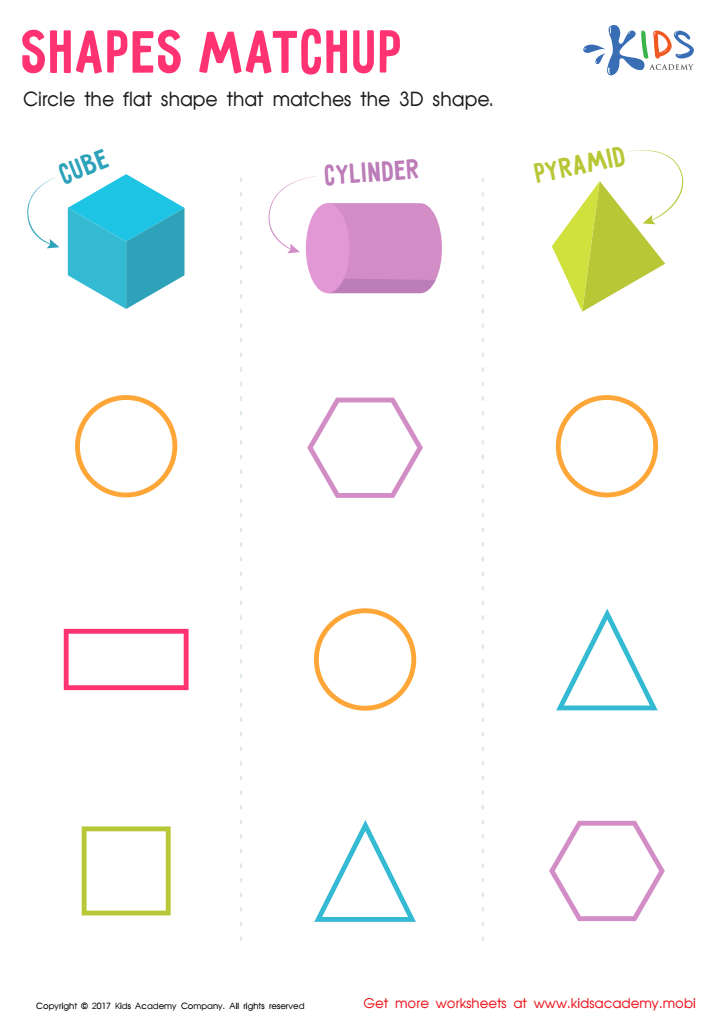

Shapes Matchup Worksheet
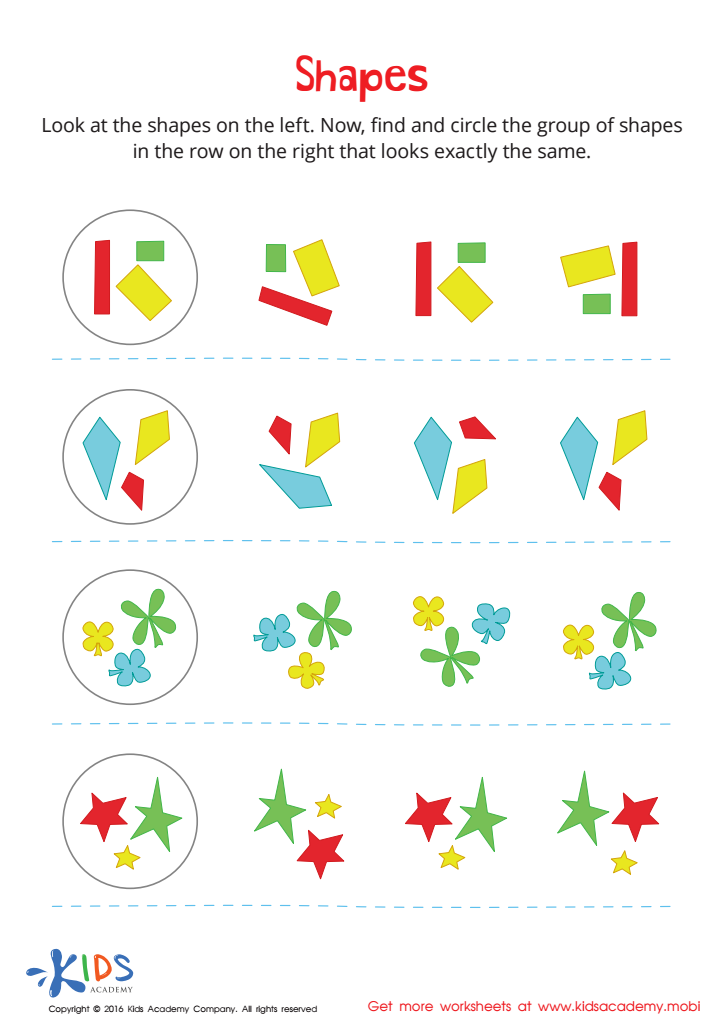

Shapes Worksheet
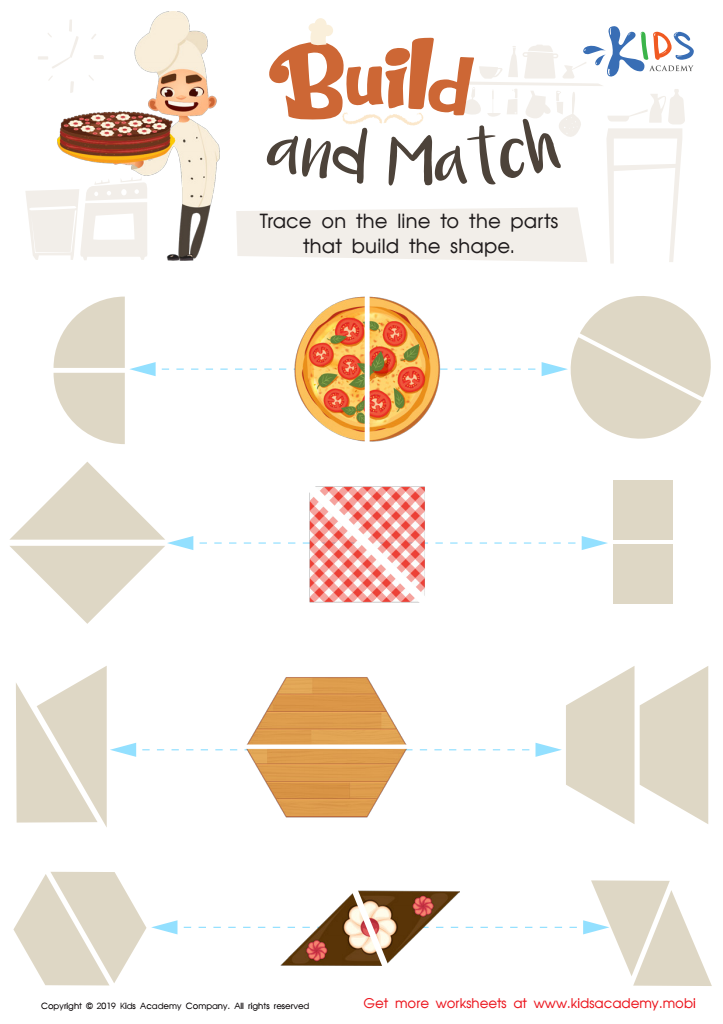

Build and Match Worksheet
Matching skills, particularly with 2D shapes, play a crucial role in the cognitive and mathematical development of children aged 5-7. At this developmental stage, children are refining their visual-spatial abilities, which are foundational for more advanced math skills and problem-solving.
Understanding 2D shapes involves recognizing attributes such as sides and vertices, which help children comprehend more complex geometric concepts. Activities that focus on matching shapes improve spatial awareness and hand-eye coordination, aiding in tasks that involve drawing, building, and organizing objects.
Teachers and parents should emphasize these skills because they directly contribute to a child’s ability to classify objects—a fundamental aspect of logical reasoning. Recognizing patterns and relationships among different shapes is integral to math fluency and influences learning in subjects like arithmetic and algebra later on.
Additionally, matching 2D shapes enhances memory and concentration. It encourages children to observe closely and make distinctions among objects, supporting figures and grounding concepts in real-world applications. Engaging in shape-matching games or puzzles also promotes cooperative play and language development as children describe shapes and share strategies.
Therefore, developing matching skills with 2D shapes during early childhood sets a solid foundation for academic achievement and everyday problem-solving, making it vital for both teachers and parents to invest time and resources in these activities.
 Assign to My Students
Assign to My Students
